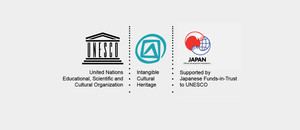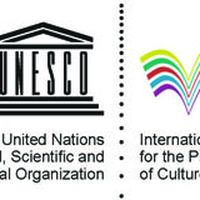Japan supports UNESCO cultural heritage programmes in Asia

Japan is to continue its support to UNESCO regional capacity building programme to safeguard intangible cultural heritage in Asia and the Pacific with a 2nd phase including professional development measures in Lao PDR and Mongolia.
UNESCO has launched the Asia-Pacific project (Second Phase) to strengthen national capacity in implementing the 2003 Convention on the Safeguarding of the Intangible Cultural Heritage. The project will benefit five States Parties to the Convention, namely, Fiji, Lao PDR, Mongolia, Samoa and Sri Lanka.
This programme has been launched in Asia and the Pacific since 2013 in response to the States Parties' emphasis of the importance of strengthening national capacity to effectively implement the Convention.
The first phase of the Japanese-funded project (2013-2014) benefitted 8 countries – Bhutan, Cambodia, Mongolia, Nepal, Papua New Guinea, Samoa, Sri Lanka and Timor Leste, by means of thematic workshops and pilot inventorying in local communities. Partnering governments were encouraged to involve stakeholders from communities and NGOs.
Capacity-building activities under this second phase will focus on the development of inventorying strategies, formulation of safeguarding measures, particularly for elements that are in urgent need of safeguarding, and elaboration of nomination files to the lists of the Convention and requests for International Assistance.
UNESCO will bring on board policy advisors to assist Member States in the development or improvement of policy frameworks aligned with the principles of the 20036 Convention for the Safeguarding of the Intangible Cultural Heritage. It will also introduce a newly-developed workshop on elaborating safeguarding measures. Field survey and inventory in pilot communities will still be one of the highlighted activities in this project.
Read more about the programme
Similar content
deadline
06 Jan 2017
deadline
15 Jun 2022
deadline
31 May 2016
deadline
08 Jul 2015
posted on
11 Dec 2016





